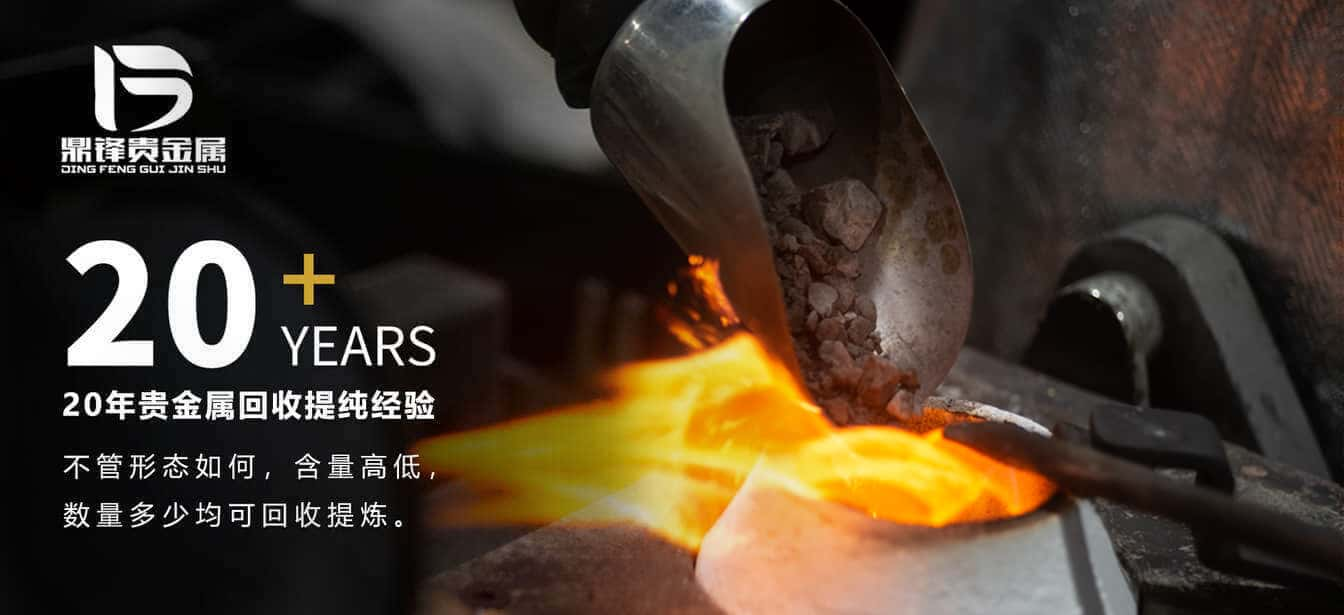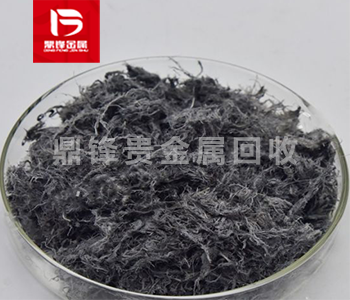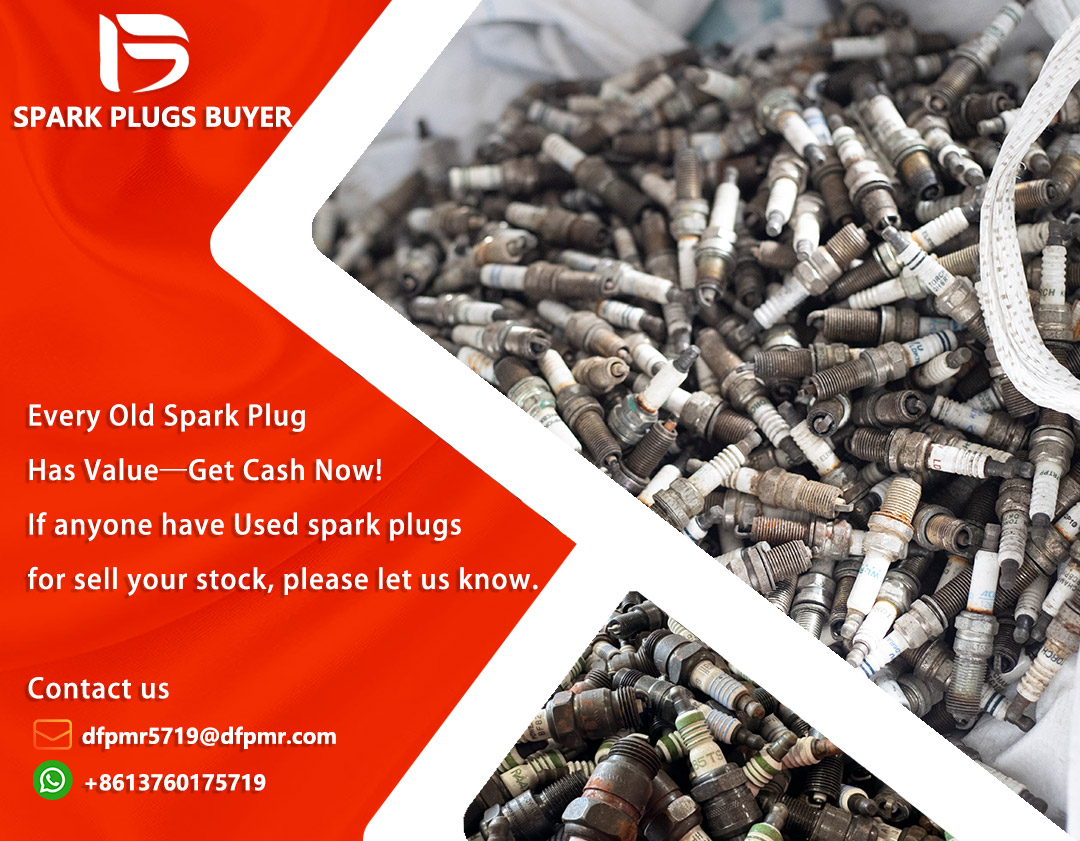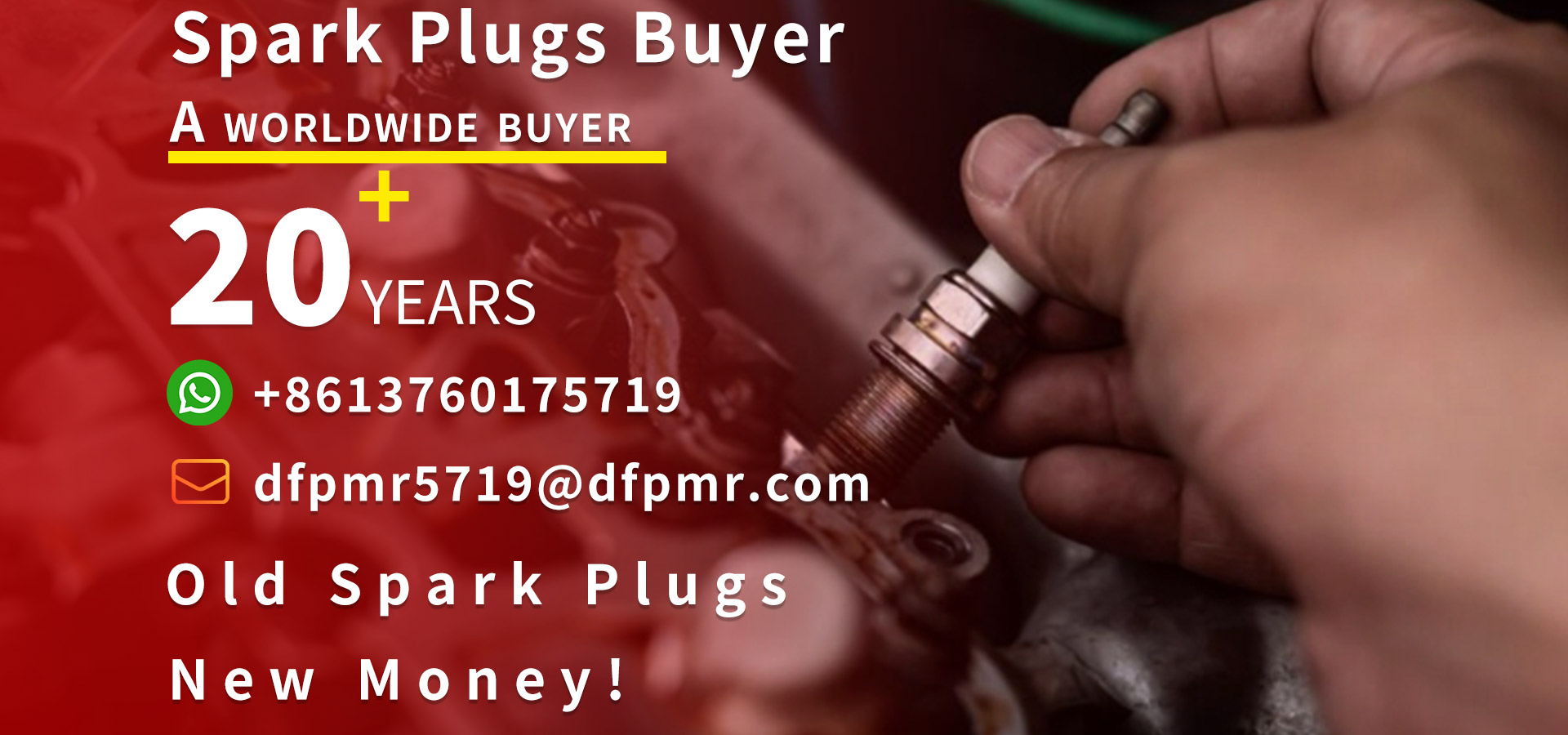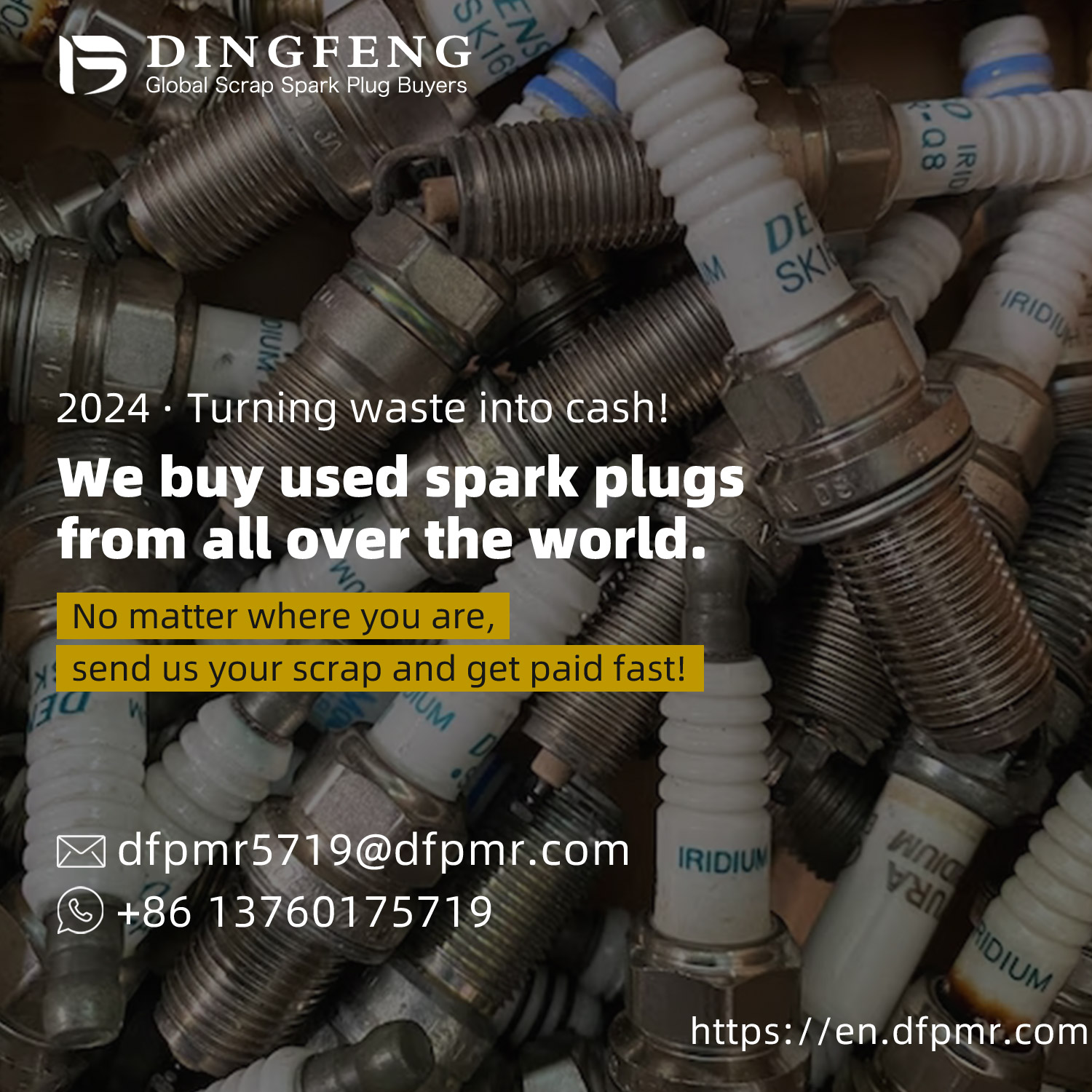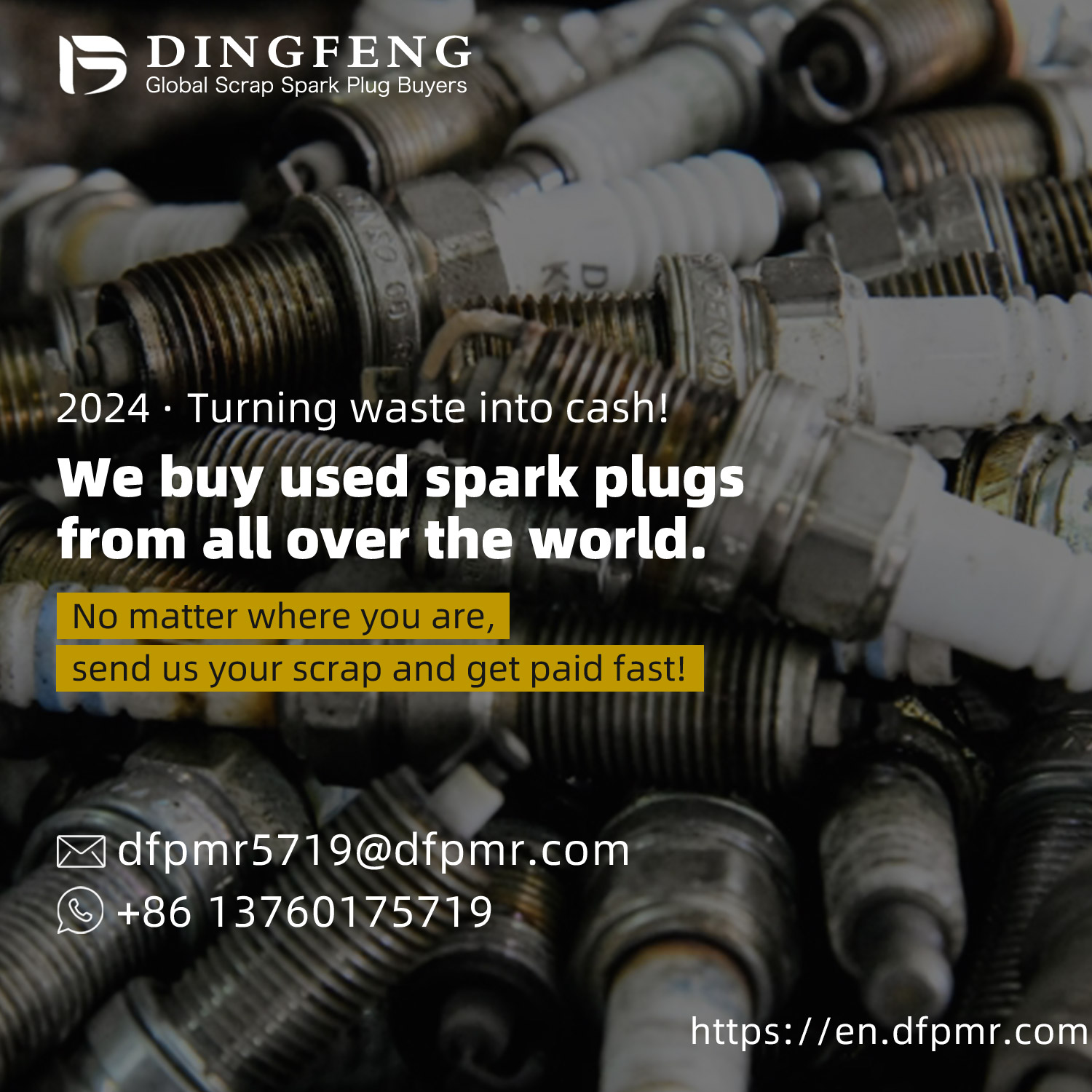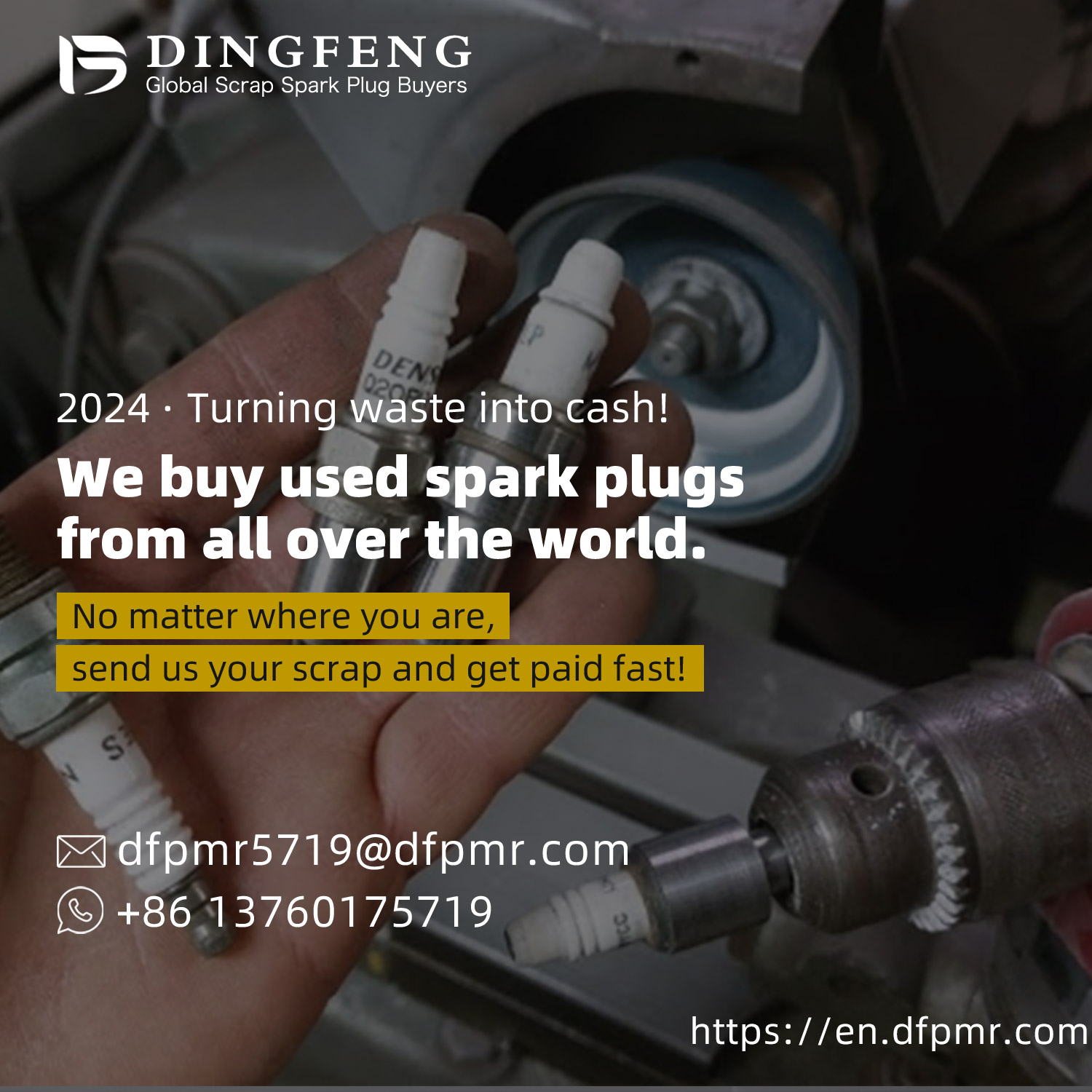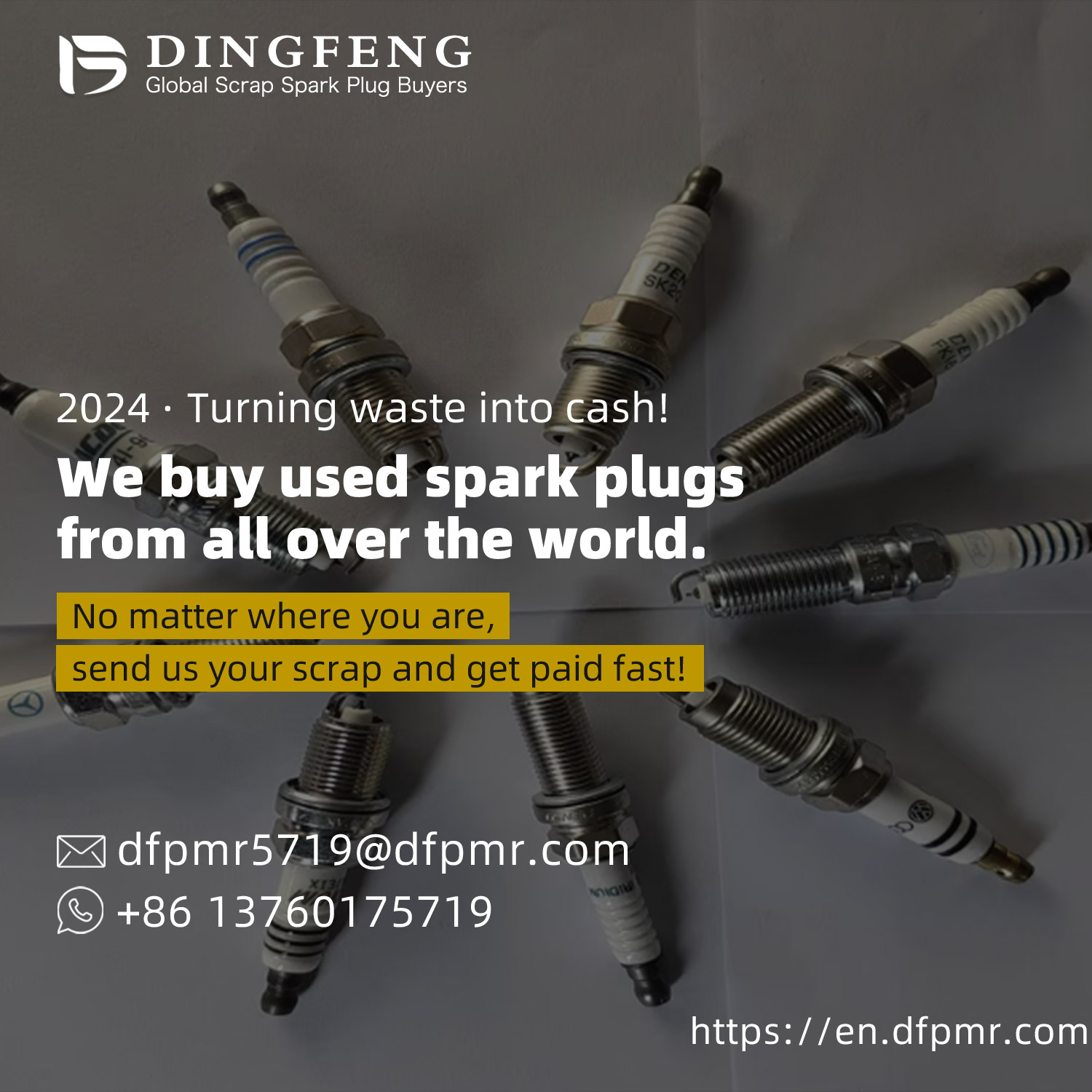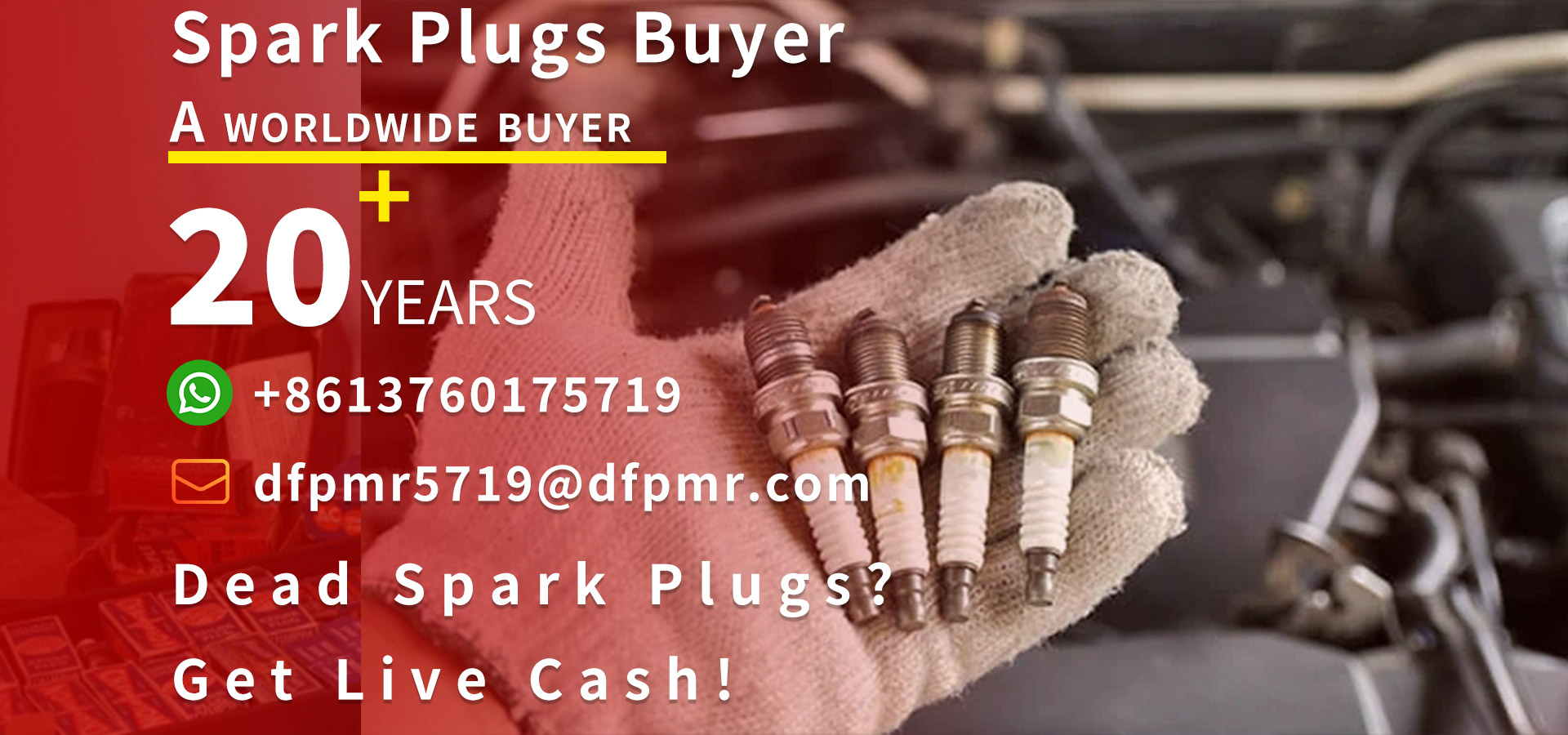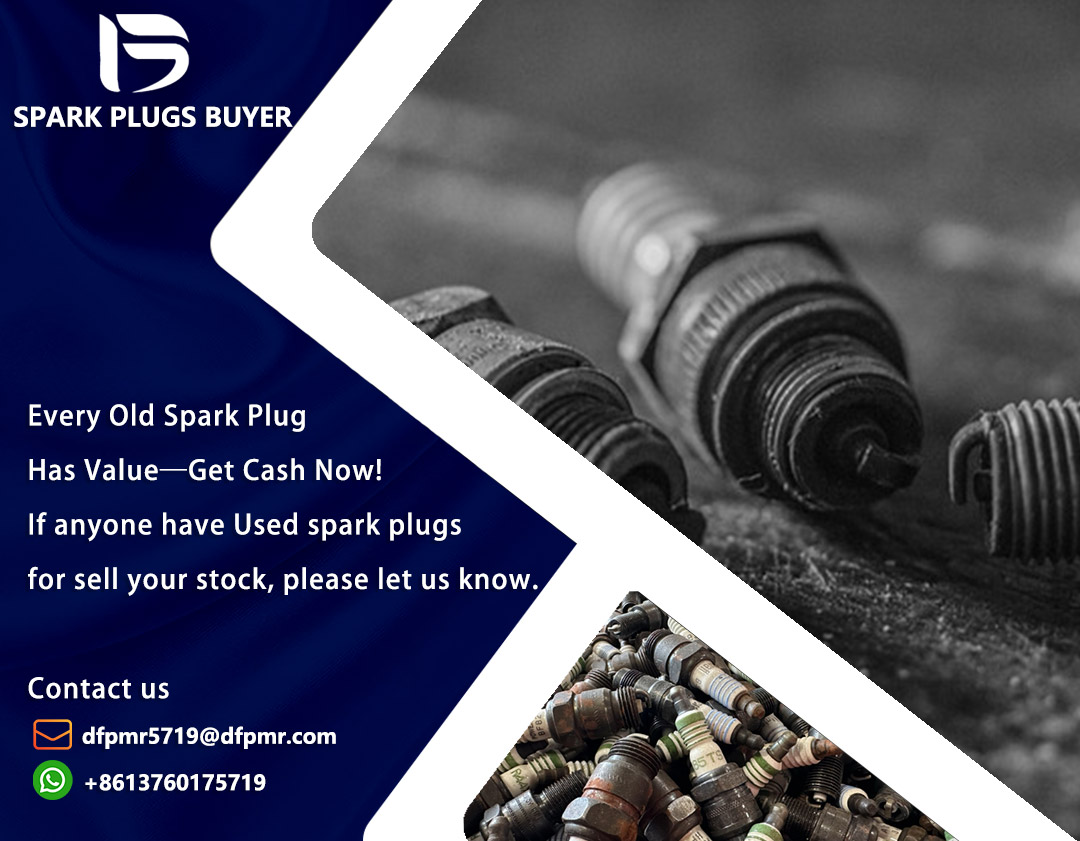Recycling of conductive silver glue_Techniques and methods for recovering silver from conductive silver glue
Conductive silver adhesive is a commonly used material in many electronic applications. However, when it is damaged or worn, replacing it may be difficult and expensive. Fortunately, it is possible to
Conductive silver adhesive is a commonly used material in many electronic applications. However, when it is damaged or worn, replacing it may be difficult and expensive. Fortunately, it is possible to recover silver from used silver glue and can be reused. This article will explore some techniques and methods for recovering silver from conductive silver glue.
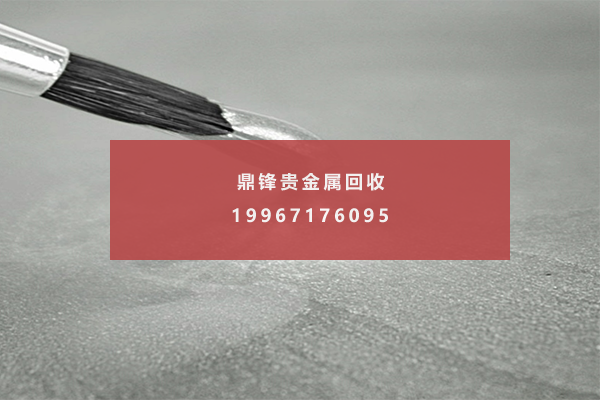
1. Chemical recycling. The most common way to recover silver from conductive silver glue is through Chemical process. This includes dissolving the glue in a chemical solution and separating silver from other components of the glue. There are several chemical substances available for this process, including sulfuric acid, nitric acid, and aqua regia. Sulfuric acid is a popular choice for silver recovery because it is relatively safe and cheap. This process involves mixing the glue with concentrated sulfuric acid and heating it to high temperature. The resulting solution is then treated with a reducing agent, such as Sodium metabisulfite, which will precipitate silver from the solution. Then, these silver can be collected and processed into usable forms. Nitric acid is another option for recovering silver, but it is more expensive and dangerous to operate. This process involves dissolving the glue in concentrated nitric acid, which oxidizes the silver and other metals in the glue. Then, the resulting solution is treated with a reducing agent (such as hydrochloric acid) to precipitate silver from the solution. Then, these silver can be collected and processed into usable forms. Aqua regia is a mixture of nitric acid and hydrochloric acid used to dissolve gold and platinum, but it can also dissolve silver. This process involves mixing glue with aqua regia and heating it to high temperature. The resulting solution is then treated with a reducing agent, such as Iron(II) sulfate, which precipitates silver from the solution. Then, these silver can be collected and processed into usable forms.
2. Electrochemical recovery. Another way to recover silver from conductive silver glue is through electrochemical process. This involves using an electric current to oxidize the silver in the adhesive and plating it onto the cathode. There are several electrochemical methods available for silver recovery, including electrolysis and electroplating. Electrolysis involves immersing glue into an electrolyte and passing an electric current through it. The current causes the silver in the glue to oxidize and migrate to the cathode, where it can be collected and processed into usable forms. Electroplating involves immersing the cathode into the plating solution and allowing current to pass through it. The current causes the silver in the plating solution to bind to the cathode, where it can be collected and processed into usable forms.
3. Mechanical recycling. Mechanical recycling is a less common method of recovering silver from conductive silver glue, but it is feasible in certain situations. This includes the physical removal of silver from the adhesive through mechanical means, such as scraping, grinding, or crushing. Scraping involves using sharp tools such as knives or razor blades to remove silver from the surface of the adhesive. This is a slow and labor-intensive process, but it is relatively safe and does not require any chemicals or equipment. Grinding involves using a mechanical grinder or grinding machine to crush glue and separate silver from other components. This process may be noisy and may require specialized equipment. Crushing involves using a hydraulic press or crusher to crush glue and extract silver. This process may be dangerous and can only be carried out after taking appropriate safety measures.
&Quot; Dingfeng Precious Metals Recycling includes precious metals such as gold, silver, palladium, rhodium, platinum, germanium, iridium, ruthenium, etc. This is our business in precious metal recycling. If you have precious metals such as gold, silver, palladium, rhodium, platinum, germanium, iridium, ruthenium that need to be recycled, please contact us and we will provide you with a satisfactory price& Quot;
